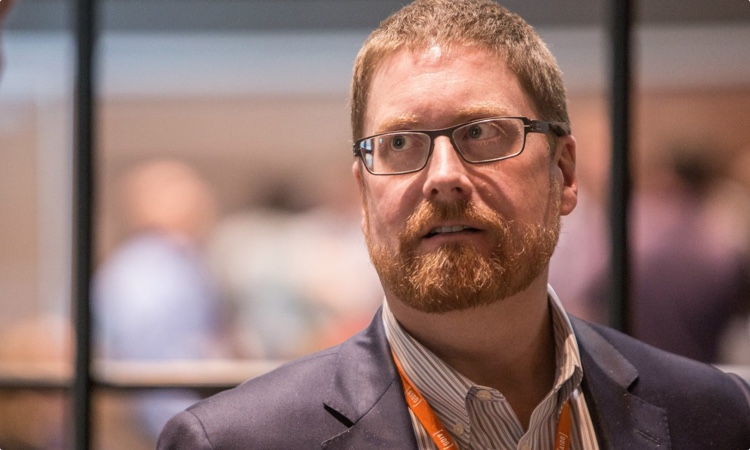One of the most exciting things in the world of the early-stage company is the infinite degree of potential before you every day. I gravitated to start- ups and the technology industry for a bunch of different reasons, but key among them is the exhilarating freedom of knowing it’s all up for grabs: what you build, how you sell it, even how you pay for it. “It” can be almost anything you want it to be (a mouthwash or a floor wax).
But with that freedom comes a trap of which we need to be careful: by trying to be everything to someone, we become nothing to everyone. The real art in a world of boundless potential is knowing when to say “no.” Because if you don’t, you drown in that potential and, ironically, fail to reach it.
When start-ups fail (or just fail to succeed), this is rarely because of missing opportunity from being too focused. More likely, it is because they spend too much time/ attention/capital) on distractions along the way.
So, an experienced start-up CEO knows how to say, “no.”
- In staffing, (the principle of “hire fast, fire fast”).
- In the product, (the principle of “minimum viable product”).
- In the market, (the principle of “focus”).
- In managing cash, (the principle of “stretching a dollar”).
By extension, the experienced VC knows to look for this pre- and post-investment. In fact, I would contend that this is one of the greatest areas of value-add from the VC investor in an early-stage company – coaching and guiding their portfolio companies to get comfortable with “no.” Where it works, the company succeeds.
From the entrepreneur’s perspective, then, it is frustratingly ironic that you rarely get that from a VC when soliciting investment. I’ve been through quite a few financing rounds and have met with hundreds of VCs over several hundred meetings, but can count on one hand the number of times a VC has come back with a hard “no.”
Most of the time, the response is for more information, more meetings, or to be kept posted, to stretch it out. (Never has that been more true than in my present company and its Series A round currently underway.)
Now, I’m no spring chicken – I get why a VC would do this. And I bow to the collective wisdom that elicits this behaviour. But I’d still like to hear it more loudly and more often when shaking the trees for money.
—–
Lew Turnquist is President of Orpyx Medical Technologies Inc., a wearable technology company focused on health applications. A member of the A100, who in his career, has led both growth and turnaround mandates, with start-ups in the wireless location, wireless Internet, interactive services, software and 3D scanning industries. He also spent five years as Senior Managing Partner at Kirchner Group, leading both the M&A and operations advisory practices.
Originally printed in: VCAA Winter News 2015
